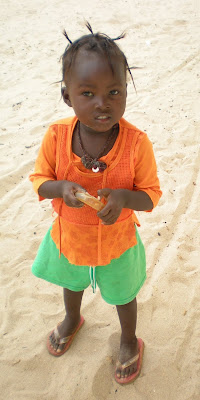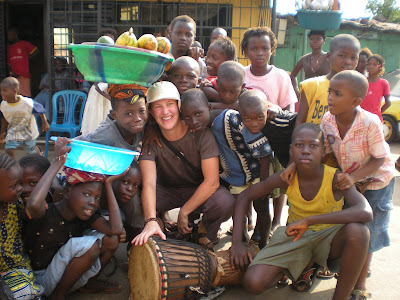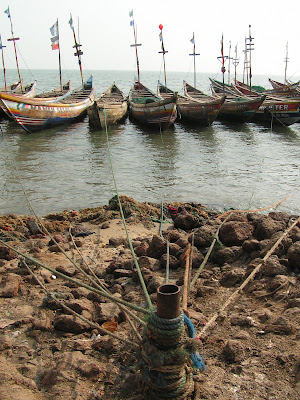
Today, we celebrate 60 years of efforts promoting and defending human rights around the globe. That is, some of us are cheering and feeling good about our modest cumulative impact while many more, especially women and girls, continue to suffer all manner of violence and indignities.
Canadian Louise Arbour, whose term as the UN High Commissioner for Human Rights ended in June, spent years trying to broker agreements and extract concessions from leaders of societies where women are second-class citizens. As she left the post, she reflected on her achievements. Grand proclamations and stern admonishments are not where progress is made, she admitted. Instances where negotiations kept a single person or small group out of harm's way are, she said, the small victories that kept her going.
Arbour's successor, South African Navanethem Pillay, deserves our best wishes and will need our active support.
Experts agree that patriarchal societies, where men often take up more than one wife and hold titles to land and dwelling, have a detrimental effect on women's ability to advocate for gender equality.
Soyata Maïga, special rapporteur for women’s rights at the African Commission on Human and People’s Rights, is familiar with the obstacles many women face when they are victims of abuse. In certain African countries, doctors won’t give a medical note if a woman comes in with injuries caused by her husband, she says.
Maïga contends that efforts to help women and girls must move beyond the ratification of agreements and declarations. She points to article 4 of the 1995 African Charter of Rights, which calls on member states to deal with violence against women, as an example of good intentions that lack enforcement powers. In 2007, she says, of the 53 signatory countries, only Algeria, Tunisia, and Rwanda filed the Charter’s required human rights reports.
This is Nene, a little girl I met on the beach in Lungi, north of Freetown. Will she grow up to be a small victory or an anonymous victim?

Respect for human rights is fundamentally incompatible with endemic poverty and the malnutrition, disease, illiteracy, unemployment, homelessness, and violent conflicts that flow from it. Until rich countries deliver on their promise to allocate 0.7% of Gross National Product (GNP) to Official Development Assistance (ODA), neglect and oppression will thrive.
In 2007, Canada only managed to commit 0.28%, its contribution ranking a lowly 16th out the OECD's 22 donor countries. Incredibly enough, the last name of Canada's International Cooperation Minister is... ODA. It is under her watch that Canada's International Development Agency (CIDA) has stopped releasing official statistics on how and where foreign aid money is being spent.
They might like to know. Their human rights could depend on it.































